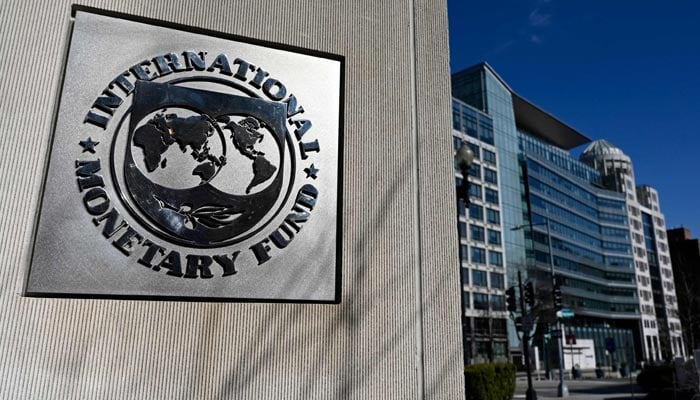
The International Monetary Fund (IMF) has emphasized that addressing food insecurity should be the primary focus for the Nigerian government.
This assertion was made in the IMF’s End-of-Mission statement following the conclusion of the IMF Staff 2024 Article IV Mission to Nigeria, which took place on Tuesday in Abuja.
According to the statement, the Nigerian government inherited a challenging economic environment characterized by low growth, inadequate revenue collection, escalating inflation, and longstanding external imbalances.
“Addressing food insecurity is the immediate priority.
”The recent approval of a well-targeted and effective social protection system is an important step toward addressing food insecurity in Nigeria and implementation will be crucial,” it said.
Furthermore, the IMF endorsed the decision made by the Monetary Policy Committee (MPC) to tighten monetary policy further, highlighting its potential to alleviate inflationary pressures and stabilize the Naira.
READ ALSO: CBN Policies Won’t Drive Economic Growth — Obaseki
During the IMF mission, led by Axel Schimmelpfennig, IMF mission chief for Nigeria, discussions were held in Lagos and Abuja from February 12 to February 23, 2024, as part of the 2024 Article IV Consultations with Nigeria.
Key stakeholders engaged in these discussions included Wale Edun, the Minister of Finance and Coordinating Minister of the Economy of Nigeria, and Olayemi Cardoso, the Governor of the Central Bank of Nigeria (CBN). Additionally, senior government officials, representatives from the Ministries of Agriculture and Environment, sub-national entities, the private sector, and Civil Society Organizations were involved in the consultations.
The statement read in part, “Nigeria’s economic outlook is challenging. Economic growth strengthened in the fourth quarter, with Gross Domestic Product (GDP) growth reaching 2.8 per cent in 2023. This falls slightly short of population growth dynamics.
”Improved oil production and an expected better harvest in the second half of the year are positive for 2024 GDP growth, which is projected to reach 3.2 per cent, although high inflation, naira weakness, and policy tightening will provide headwinds.
“With about eight percent of Nigerians deemed food insecure, addressing rising food insecurity is the immediate policy priority. In this regard, staff welcomed the authorities’ approval of an effective and well-targeted social protection system.
“The team also welcomed the government’s release of grains, seeds, and fertilizer, as well as Nigeria’s introduction of dry-season farming.”









Leave a Reply